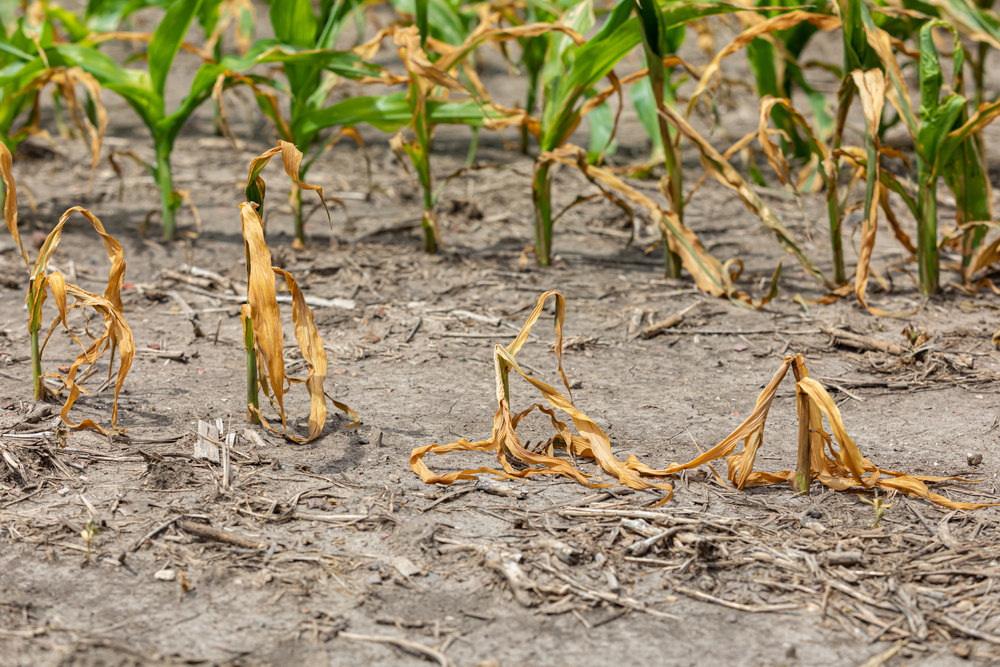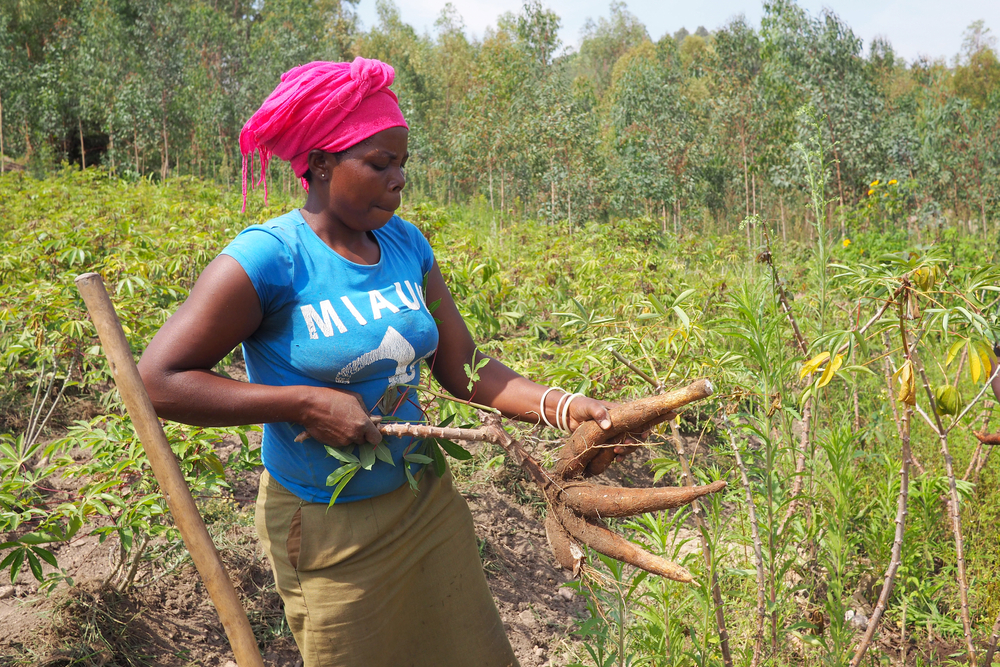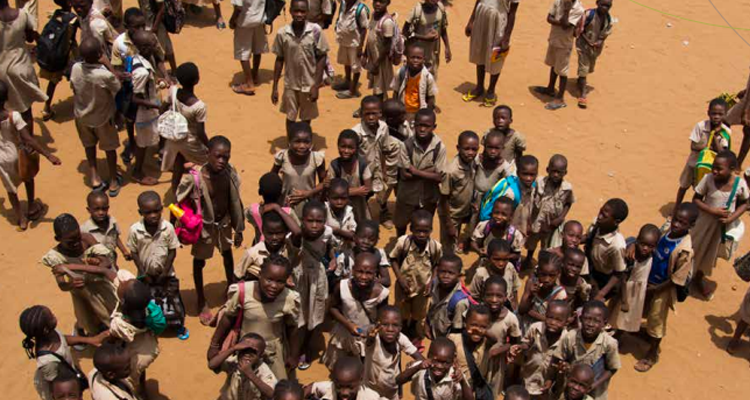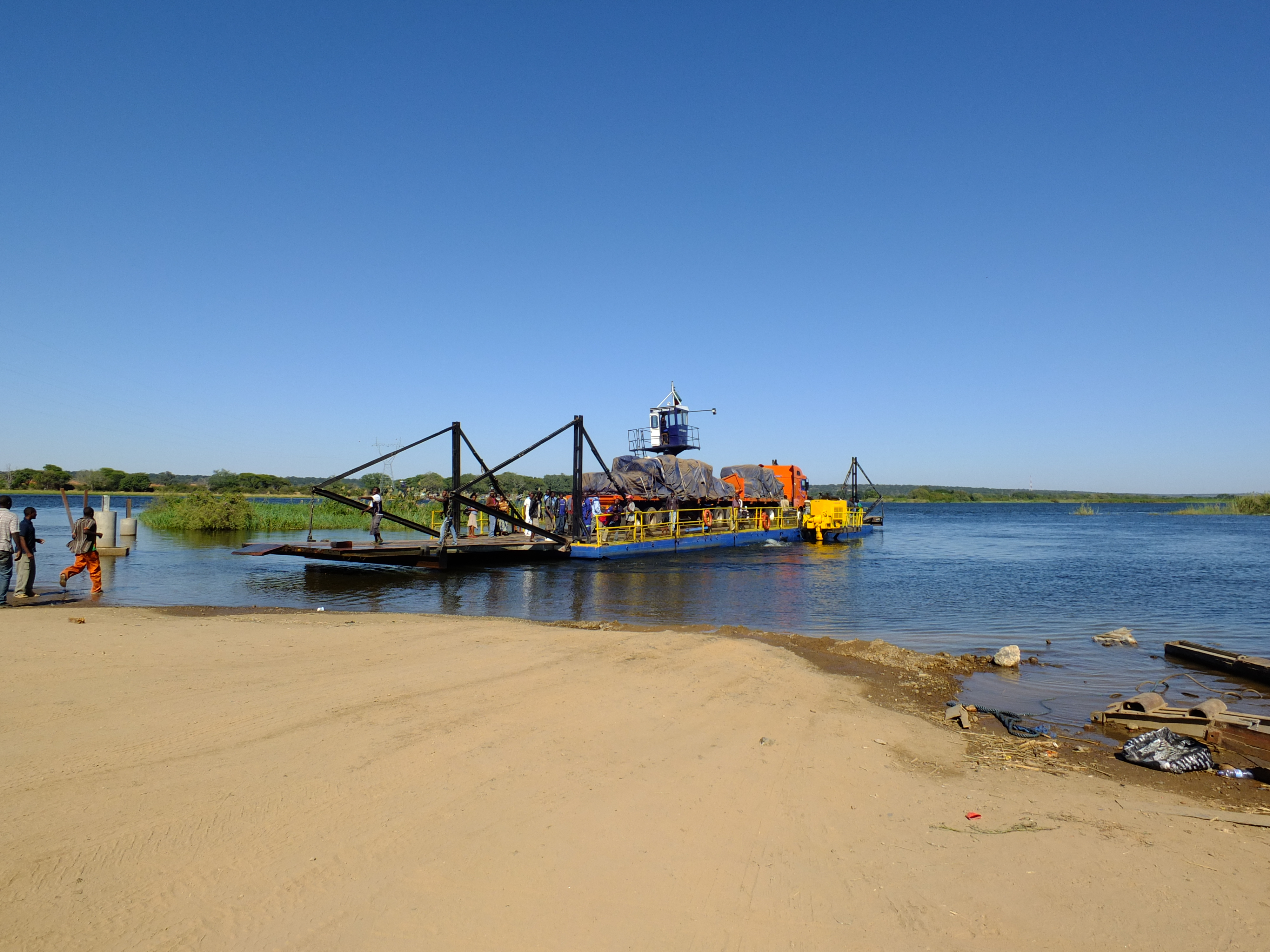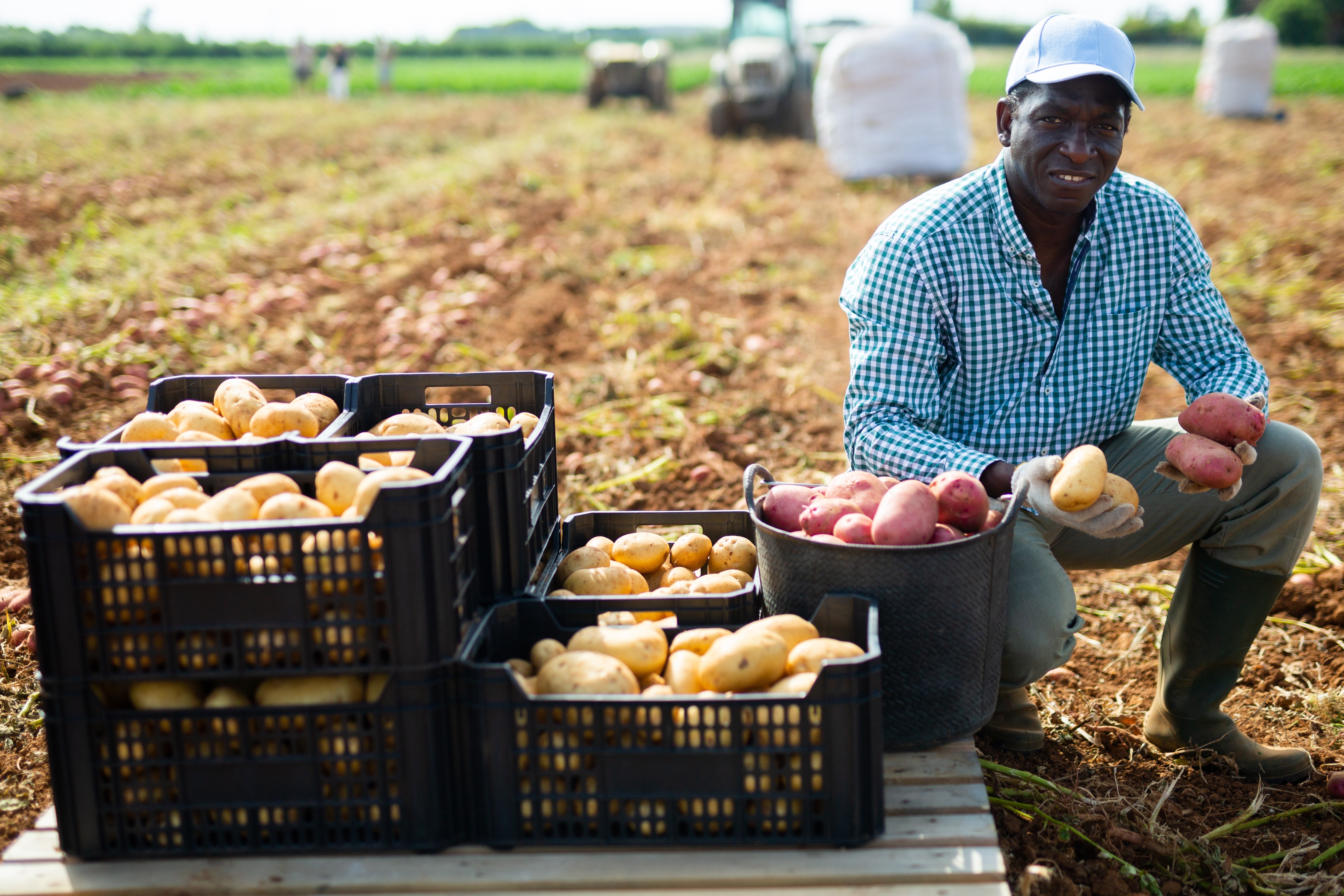
Project to Support a Resilient Agriculture Value Chain Development in Congo and DRC (PRAFS)
Project to Support a Resilient Agriculture Value Chain Development in Congo and DRC (PRAFS)
4 November, 2022Context
The Republic of Congo (ROC) and the Democratic Republic of Congo(DRC) are 2 of the 6 countries that make up the Congo Basin – an area with the second largest tropical rainforest in the world. These two countries are therefore, home to a huge diversity of plants and animals that span across a variety of landscapes (including a mosaic of rivers, forests, savannas, swamps and flooded forests). The area has a huge agrosylvo-pastoral and fishery production potential, and is a vector for the promotion of the agroindustry as well as for creating benefit leading to a strengthening of the rural economy.
Objectives
The objective of this project is to ensure that the existing agricultural landscape is better able to support any potential increase in demand for land and water resources while simultaneously ensuring an effective resilience to climate change. This should minimise the need for expansion of farmland into existing forest landscapes thereby avoiding forest degradation, deforestation, thereby reducing emissions and enhancing forest carbon stocks. The project includes three main components: (i) Enhancing the sustainability of agricultural landscapes; (ii) Capacity building, awareness raising and dissemination; and (iii) project coordination and management.
AAAP added value
- Feasibility study on integrating DCAS into agricultural extension and design of the agrometeorological advisory flow and required investments for successful scaling up of advisory to small-scale farmers
- Identification of capacity building and enabling interventions to ensure uptake by of DCAS
Expected Outcomes
- Training of producer organisations in the appropriate use of selected technologies
- Collaborating with ICS producers within the country to train female producer organisations in the production and distribution of improved cooking stoves
- Pilot study undertaken to test the potential of developing smoke-flavored products working with the local fish research institute
- Provision of 15 solar drying systems to 15 improved maize planting material producer groups of to facilitate the post-harvest processing and storage
- Provide 100 cassava producer groups with solar drying systems to facilitate processing and storage and bio
- Training of 60 farmer field school facilitators
- Establishment and running of farmer field schools
- 2 355 000 beneficiaries, which make up 2.5% of the population
Expected impacts
- Enhanced abilities of regional and local-level decision-makers to promote appropriate agroforestry-based climate resilient technologies
- Promotion of increased climate resilient agricultural production landscapes using innovative technologies
- Promotion of producers, women and youth’s organizations
- Capacity development of personnel involved at different levels of planning and execution of agroforestry schemes and the farmers
- Strengthened institutional capacities to improve ecosystem services through agroforestry and enhance the climate-resilience of production landscapes
- Local communities, farmers and farmer groups trained in the management of climate-resilient agroforestry landscapes
- Use of energy efficient technologies for post-harvest processing promoted
